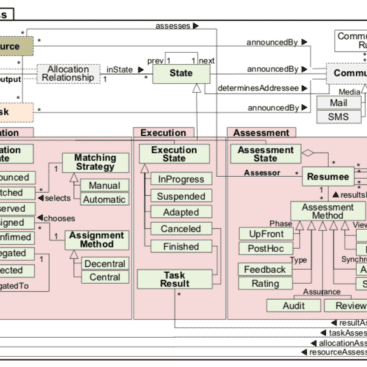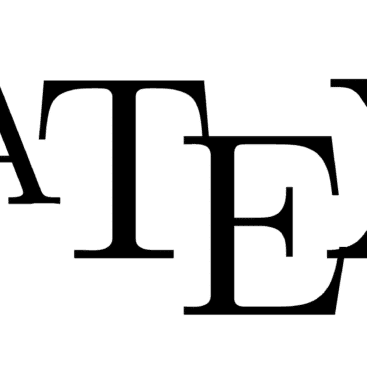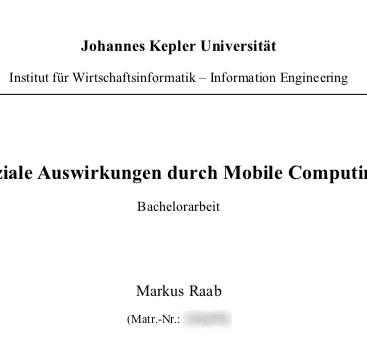Thesis: A prototypical approach for a competency-based task allocation system in the context of voluntary organizations
Contribution
- Thesis
- Literature & references
- Ontology development
- Matching calculations
- Prototypical development
Abstract
Voluntary work is indispensable in nearly every area of today’s society, e.g., service activities in health care or emergencies. Not least because of this omnipresence of volunteering, already a plethora of volunteer management systems (VMS) has emerged, trying to support diverse volunteering processes.
The core function of VMS is the management of upcoming tasks, and above all the allocation of such tasks. However, an evaluation of seven VMS shows that allocation is only scarcely supported, e.g., by setting filters and selecting the most suitable person(s) at one’s own discretion. An appropriate task allocation depends on many different factors, e.g., interest or availability of a person. Nevertheless, the most fundamental factor is the assignment of a task based on competencies.
To accomplish a competency-based task allocation, the management of competencies is indispensable. Hence, based on available competency models, i.e., IMS RDCEO/IEEE RCD, SRCM, HR-XML, and InLoc, an ontology-based competency model is derived, that applies semantic expressions, i.e., concepts of RDF and OWL, and fulfills the requirements of voluntary organizations. The main parts of the model are presented as an ontology TBox, focusing on competencies, tasks, persons, and their expressive interrelationships, complemented with additional attributes to increase the informative value, i.e., importancy, like, and proficiency level. A special emphasis is put on the modeling of relationships between competencies, allowing to search for related competencies and to derive the respective similarity values.
Based on the ontological competency model, matching methods are developed, comprising calculations for the similarity value of individual competency-pairings, followed by the calculation of a task’s and a person’s overall matching score. Additionally, attributes describing individual levels of a competency are added in the calculation process, resulting in a ranked list of matching tasks or persons.
To assemble the evolved approaches and calculations, a prototypical implementation takes place by developing a competency ontology in Protégé, and delivering a final concept of the technical implementation. Moreover, two extensions are introduced to (i) enable a task allocation system across multiple organizations, by applying ontology matching, and to (ii) integrate full-text search, e.g., unstructured, textual descriptions of tasks, within the matching process. Finally, the applicability of the prototype is tested by performing a first evaluation implying six use cases.



